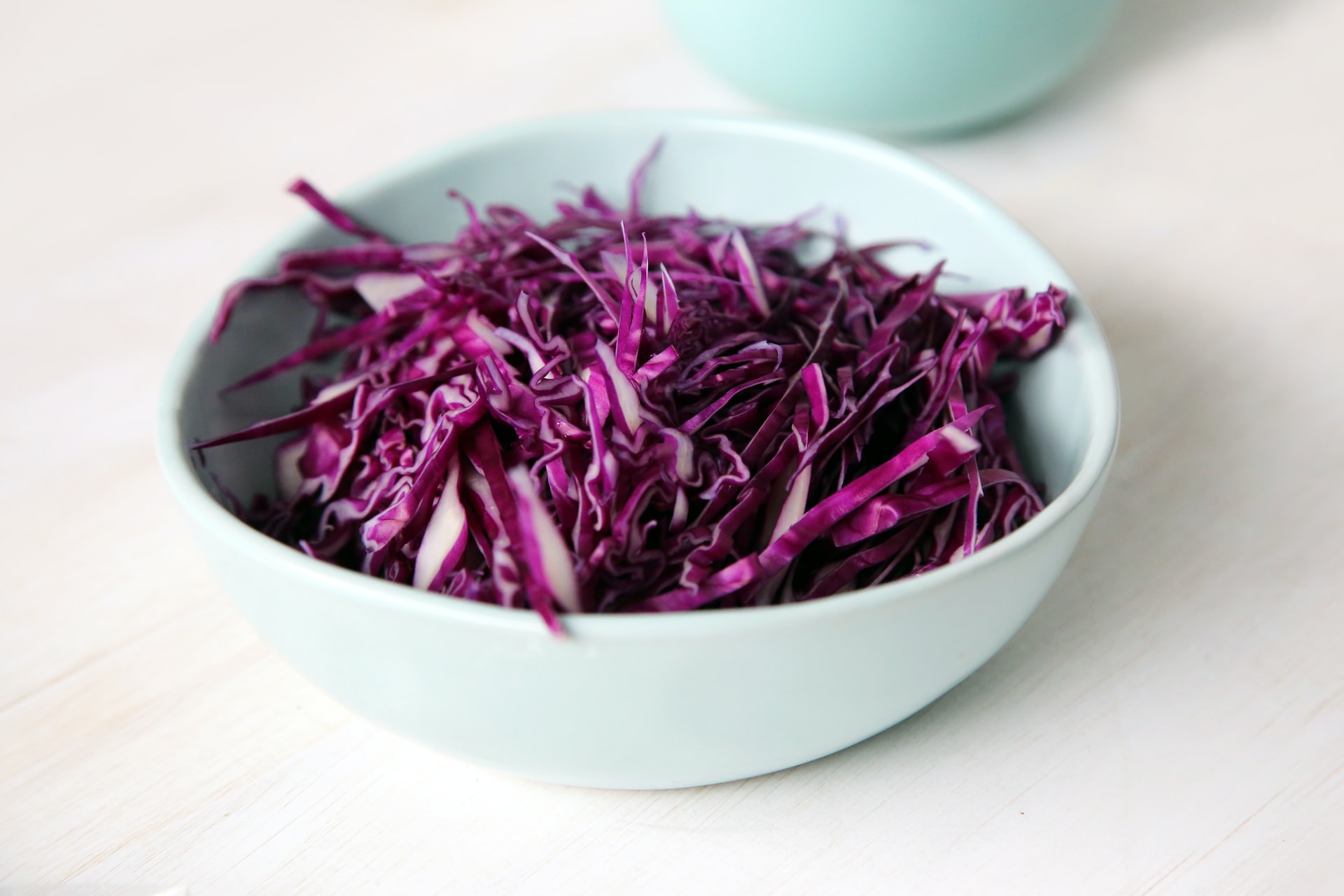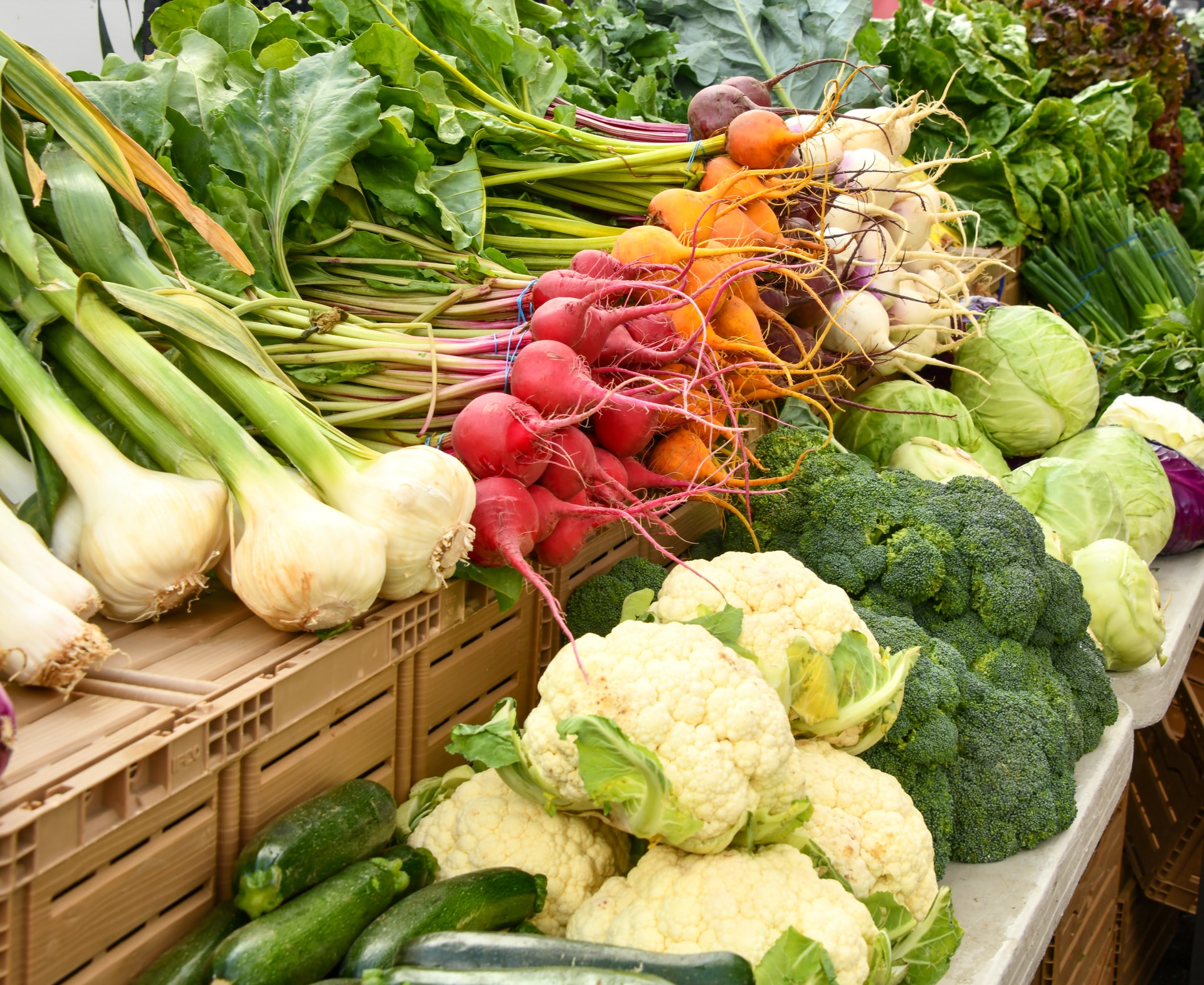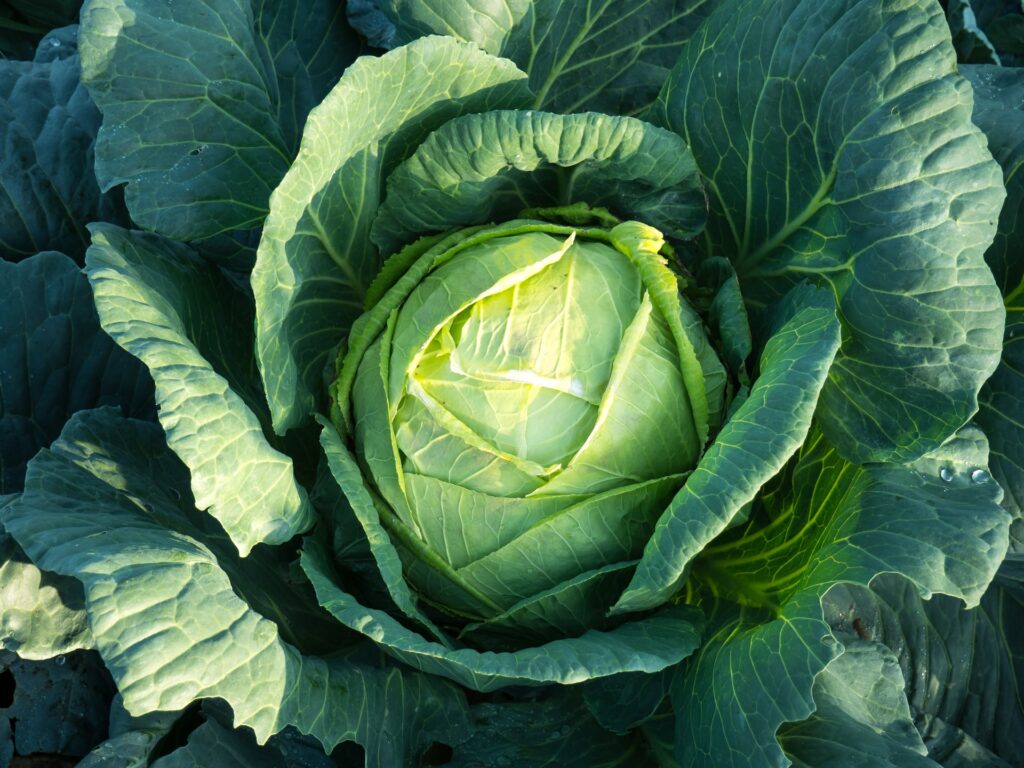Cabbage is a vegetable from ancient Greece and Rome. It was introduced to America by the earliest European settlers, who brought their techniques of growing cabbage. Even then, cabbage was an essential part of the diet for many people because it is inexpensive and filling.
This makes it a staple vegetable valued by everyone, from children to the elderly. There are many different terms of endearment for cabbage within France that come from other regions or historical periods. Here are some examples of French terms of endearment for cabbage, which you may use in your own life if you feel like something more affectionate than its English translation!
What is the French term of endearment for cabbage?
Corsée – The term of endearment for cabbage from the north of France. It is a word that has been used in the region since at least the 18th century.
Chou-fleur or Chou-flour – Another term of endearment for cabbage, which comes from Normandy.
Pomme de pissenlit or Pomme d’amour – This term is a diminutive form of pomme de terre, which means “potato” in French. The term came into use after World War II and indicates that while everyone loves cabbage, they love it best when they are young and innocent!

Find an example of a French term for cabbage found in your own life!
The French word for cabbage is “chou” which means “leaf.” However, in most parts of France, the term for cabbage is “choucroute,” which means “sauerkraut.” This is because sauerkraut is a fermented product usually made from cabbage and salt. The region of Champagne uses the word “choufleur,” which means “cabbage-flower,” because the flowers on a head of cabbage resemble those of a flower.
In France, people often use “chouchounet” or “choupinette” to refer to their minor children. This comes from the phrase “petit chou” used by French mothers to refer to their babies. Another French term for baby is the word “mignon”. The French love this word as it can be used in any context, but it can also be used when talking about cabbages. A friend’s child would be referred to as a mignon de choux!
It’s important to know that even though there are many terms of endearment for cabbage in France, they all mean the same thing: They’re all just ways of calling this humble vegetable an important
Learn about the history of French terms of endearment for cabbage.
It was introduced to America by the earliest European settlers, who brought their techniques of growing cabbage. Even then, cabbage was an essential part of the diet for many people because it is inexpensive and filling.
French terms of endearment for cabbage are a varied bunch. From “chou-fleur” (flower-cabbage) to “gros chou” (big cabbage), use these phrases to make your loved ones feel extra special.
Cabbage became popular in France in the Middle Ages because it was inexpensive and filling, though it was also valued as a medicinal plant. Today, cabbage is eaten worldwide, but people usually prefer fresh varieties that are grown locally. Cabbage is a staple vegetable that can be found in many cuisines and cultures worldwide, making it an essential part of different cultural traditions. It’s so important that there are even French words for endearment for cabbage!
In this post, we’ll learn about the history of French terms of endearment for cabbage: from medieval times up until now! Please keep reading to find out more about what makes them unique and why they’re still used today.

Take note of other types of names given to vegetables or other products in France
Flavie, Céline, and Berthe are three other names that are used to refer to cabbage in France. They are also each different from the English translation of cabbage in French.
Céline is a term of endearment for cabbage that was popularized during the 1800s by the French writer Victor Hugo. It can be translated as “old woman” or “grandma.” This term is a reference to how cabbage has been around since ancient times and is still enjoyed by many people today.
Berthe is another term of endearment for cabbage that originated in medieval France. The word berthe means “berry” and was used because cabbage has been historically associated with berries.
Flavie is a name given to cabbage that comes from the Latin word flavus or “yellow.” This name was given because when cut open, the green leaves of this vegetable turn yellow due to its high vitamin A content.
In France, a wide variety of words are used as endearments, including “chou” for cabbage. The French language has many words for vegetables, which can vary depending on the region. One common term of endearment is “bouquet de chou” which means “flower of cabbage.” While a term of endearment may not be necessary to you, learning the history of French terms of endearment for cabbage is a fun and exciting way to learn about the culture of France.
Endearments in France are usually specific to the individual. For example, “mon chou” or “ma choucroute” might be the term of endearment for your child, while “mon cochon” or “ma cochonne” may be appropriate for your pet.


